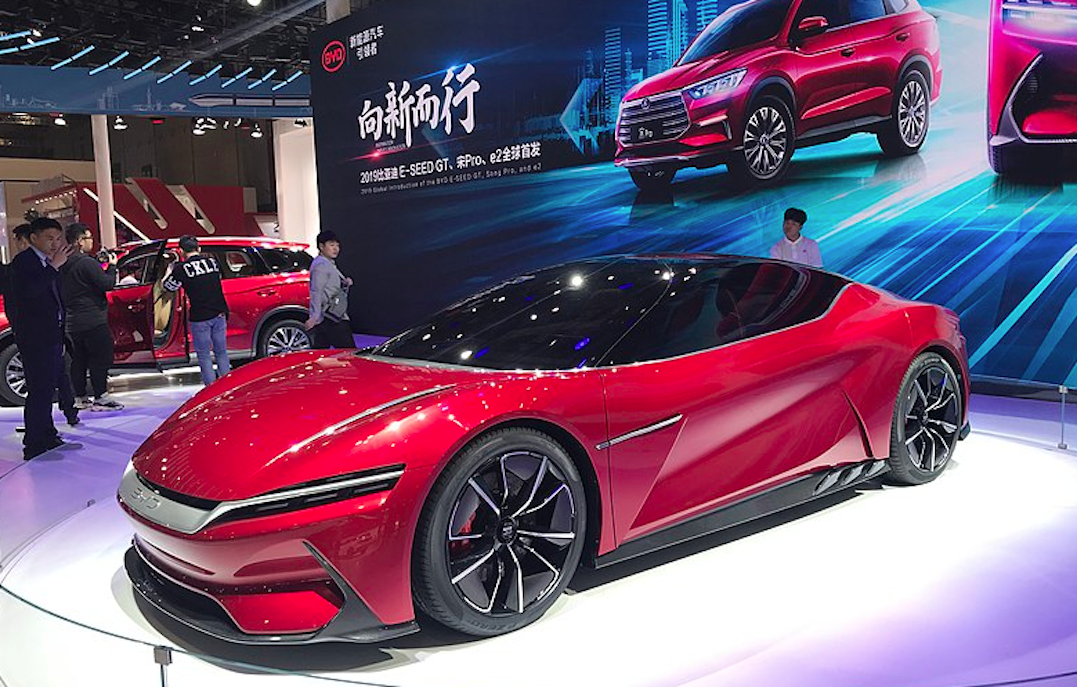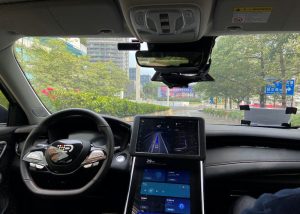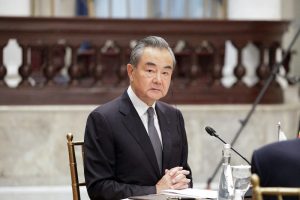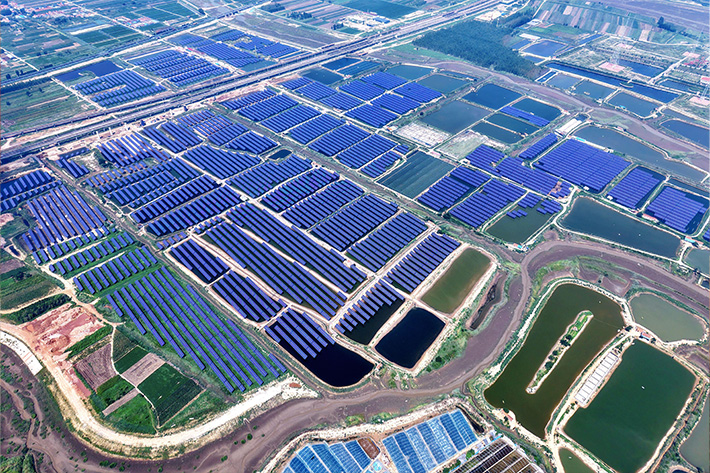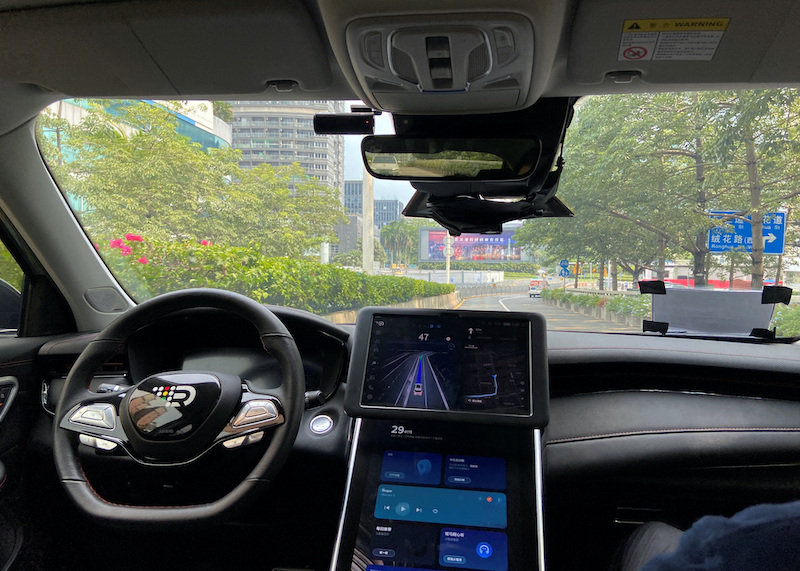(ATF) China’s motor manufacturers increased car sales in July, but figures for the year remain suppressed by the economic impact of the coronavirus pandemic.
Adding deeper woes to the industry, plans to green the nation’s roads took a blow as electric car sales continued to slump.
Geely Automobile, the largest petrol-engine car manufacturer July sales rose 15% in July to 105,218 units. But that belies a 14% slump in sales this year, which stand at 635,000 units.
READ MORE: Exports resilience, infrastructure fuel China recovery
The picture is even worse for SAIC Motor Corporation, which has sold just 2.5 million cars this year, down 24% on the period in 2019. The Shanghai-based company manufactured 474,581 cars last month, up 23% year on year and sales in the month climbed 4% to 457,558 units.
Electric car sales have suffered most. China’s leading new-energy vehicle (NEV) manufacturer BYD reported on Thursday that it has sold 75,777 cars this year, down by 53% from 2019.
In July, it sold just 15,100 NEVs, down from 16,567 units in the same month a year ago, BYD said in a filing with the Shenzhen Stock Exchange.
Further only 6,401 of Geely’s sales – 6% of all cars sold – were new-energy vehicles.
BYD’s figures are all the more disappointing as they include sales of its new Han electric vehicle featuring its Blade battery, said to be the 50% more efficient than competitor’s drive trains.




